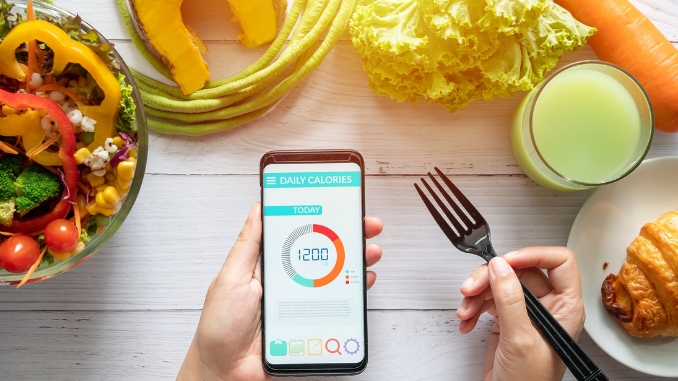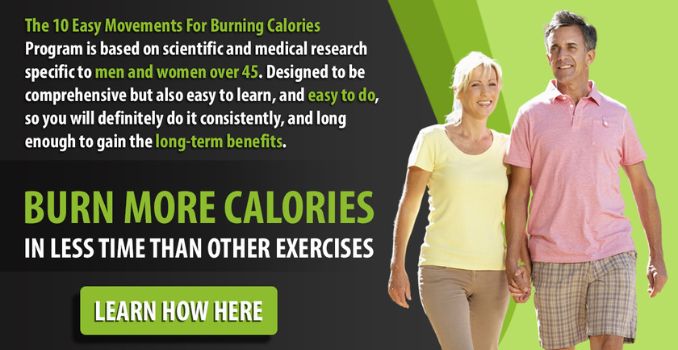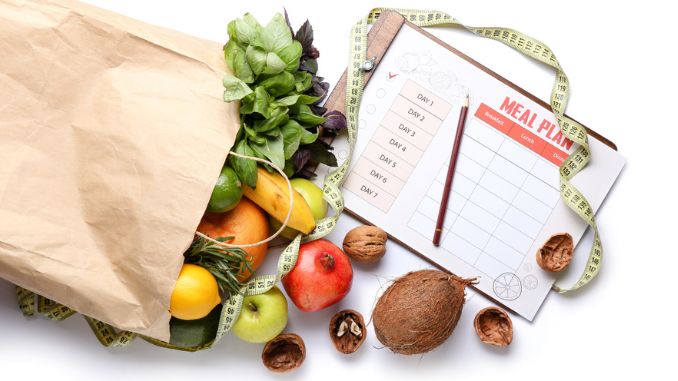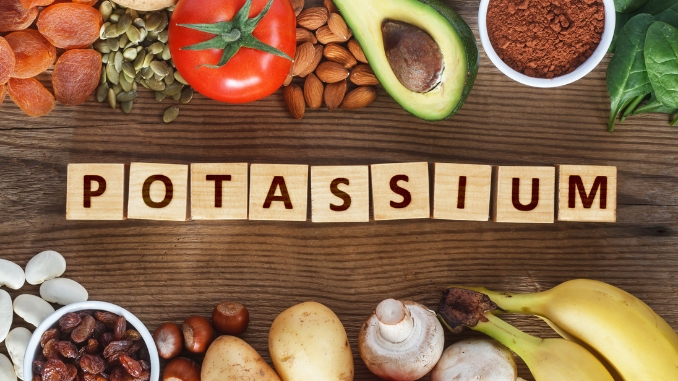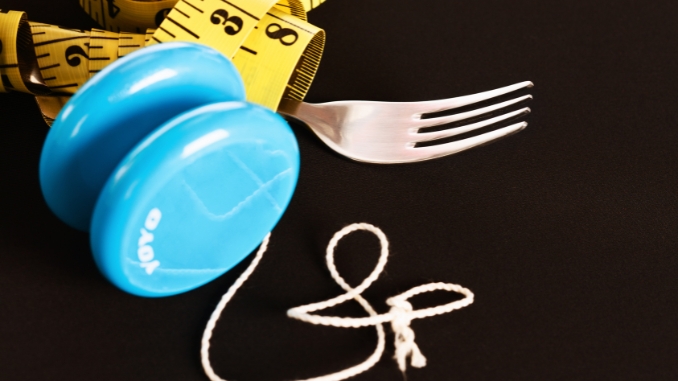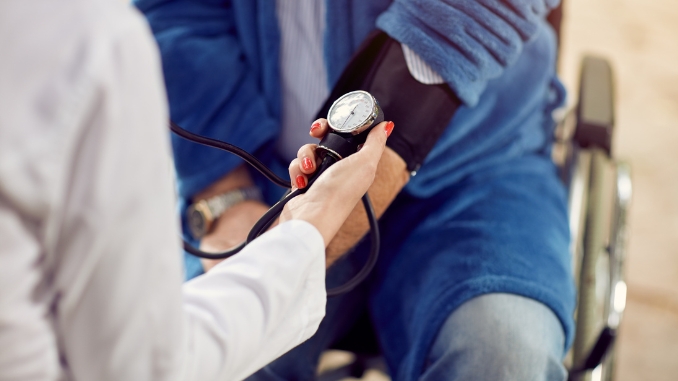I used to wonder if breakfast really was the most important meal. Turns out, it boosts my energy and helps me stay focused throughout the day.
Knowing how many calories I’m eating for breakfast helps me manage my diet, whether I’m maintaining weight, losing it, or building muscle. It's not just about eating—it’s about making sure I get the right fuel to start my day.
Breakfast Through Ages: Then and Now
Did you know that before the 15th century [¹], only kids and workers usually ate breakfast? Later, a rule said everyone—from royalty to squires—should eat after morning prayers. Crazy how things have changed.
Meal names and times have changed a lot over the years. In the past, regular meal times helped keep things organized. People with fewer resources ate whenever they could, while the wealthy usually had three meals a day.
How Much Should You Eat
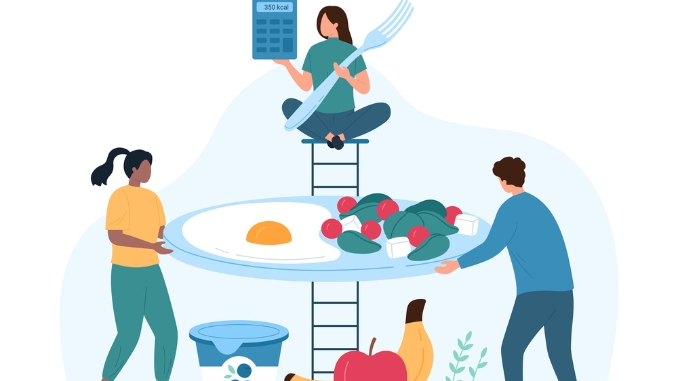
Calories are just the energy our bodies need to get things done. On average, women need 1,800-2,400 calories a day, and men need 2,200-3,000.
Breakfast should give us 20-25% [²] of that to kickstart our day and keep us full until lunch. Daily breakfast should include whole grains, fruit, and (semi-) skimmed milk products or a calcium alternative.
What I Eat for Breakfast
- Protein-Packed: Two eggs with spinach and toast—around 250 calories.
- Smoothie Bowl: Spinach, banana, berries, and yogurt—350-400 calories.
- Oatmeal: Oats with almond milk and peanut butter—400-450 calories.
Other Healthy Foods to Eat for Breakfast
Option 1: Protein-Packed Breakfast
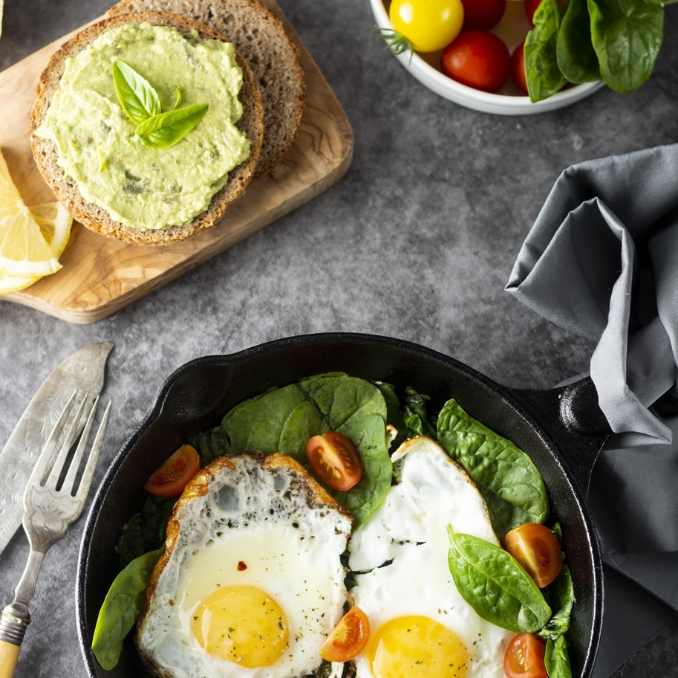
- Scrambled Eggs: 2 eggs with spinach and tomatoes
- Whole-Grain Toast: 1 slice with avocado
- Fruit: A small apple or a handful of berries
- Drink: Green tea or a glass of water
Option 2: Smoothie Bowl
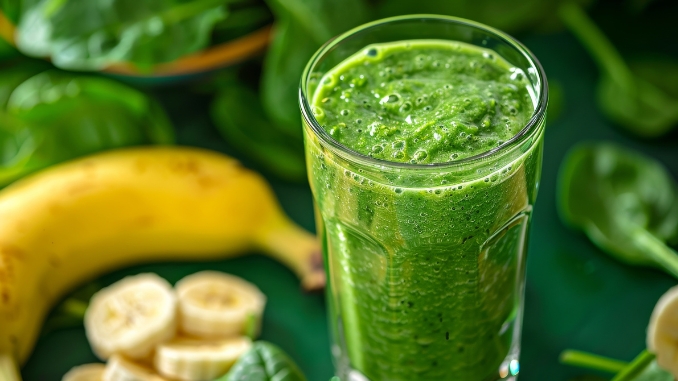
- Smoothie Base: Blend 1 cup of spinach, 1 banana, 1/2 cup of frozen berries, 1/2 cup of Greek yogurt, and 1/2 cup of almond milk
- Toppings: Add sliced almonds, chia seeds, and a few fresh berries
- Drink: Herbal tea or water
Option 3: Oatmeal Delight
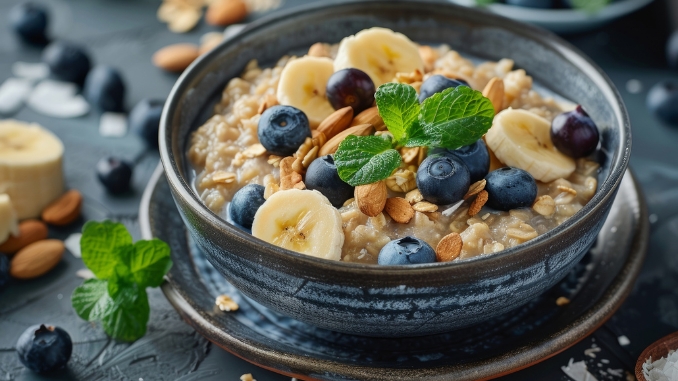
Oatmeal: 1/2 cup of oats cooked with 1 cup of almond milk
Toppings: Add 1 tablespoon of peanut butter, sliced banana, and a sprinkle of flaxseeds
Side: A small orange or a handful of grapes
Drink: Black coffee or water
Option 4: Yogurt Parfait
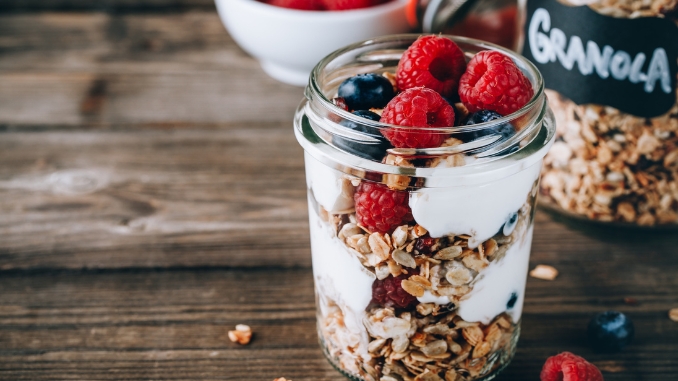
- Greek Yogurt: 1 cup
- Layers: Add layers of granola, mixed berries, and a drizzle of honey
- Side: A small handful of nuts (almonds or walnuts)
- Drink: Freshly squeezed juice or water
Option 5: Avocado Toast
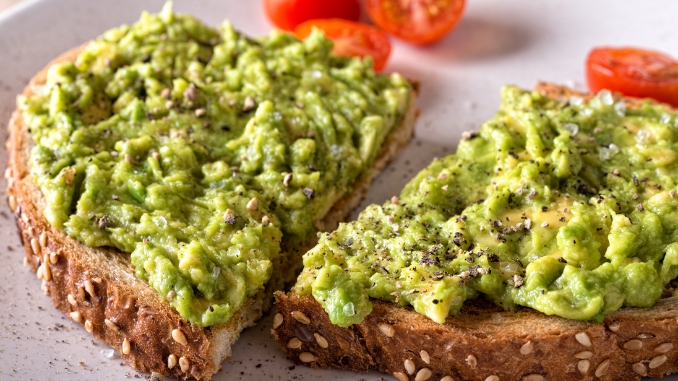
Whole-Grain Toast: 1 slice with mashed avocado, cherry tomatoes, and a sprinkle of chia seeds
Side: A boiled egg or a small serving of cottage cheese
Fruit: A few slices of melon or an apple
Drink: Smoothie made with spinach, banana, and almond milk
General Guidelines for Breakfast Caloric Intake
For Weight Maintenance:
- Breakfast should be about 300-400 calories, providing a good mix of proteins, fats, and carbohydrates to keep you energized and satisfied until your next meal.
For Weight Loss:
- Aim for a lower-calorie breakfast, around 250-350 calories, focusing on nutrient-rich foods high in fiber and protein to keep you fuller for longer.
- Overweight and obese individuals [³]might benefit from reducing breakfast calories to improve their daily energy balance.
- The study found that women [⁴] who changed their eating habits lost more weight. Those who ate breakfast cut dietary fat and reduced impulsive snacking, highlighting the importance of breakfast for weight loss.
For Muscle Gain:
- A higher-calorie breakfast, between 400-500 calories, is recommended. Include plenty of protein and healthy fats to support muscle recovery and growth.
Factors Influencing Breakfast Caloric Needs
Factors like season, climate, taste preferences, medical conditions, and food availability can influence breakfast habits.
Other factors to consider are:
- Age: Younger people need more calories because they grow faster and have quicker metabolisms while older adults often need fewer.
"Teaching children about healthy breakfast choices [⁵] and the importance of refueling their bodies every day can start them on the right track for a healthier lifestyle." - Dee Madore, Registered dietitian
- Gender: Men usually need more calories than women since they have more muscle and burn energy faster.
- Activity Level: The more active you are, the more calories you need.
- Metabolism: Some people burn calories faster than others and may need more food, while those with slower metabolisms need less.
Benefits of a Balanced Breakfast
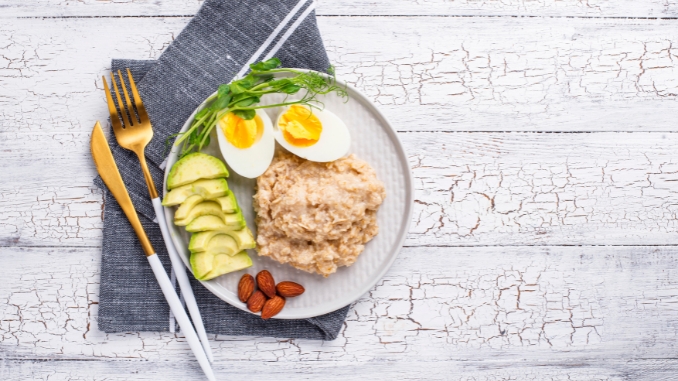
- Provides steady energy to start.
- Helps regulate daily dinner calories.
- Kickstarts metabolism for efficient burning.
- Keeps you full longer.
- Ensures essential nutrients for health.
- Boosts concentration and focus.
- Helps curb unhealthy sugar cravings.
- Stabilizes blood sugar and mood.
Conclusion
A balanced breakfast with the right amount of calories is key for keeping our energy steady, managing our weight, and staying healthy.
By adjusting our breakfast to fit our needs, we can reach our goals—whether it’s losing weight, cutting back on dinner calories, or reducing sugar cravings.
Let’s start our day with healthy foods that match our lifestyle and what our bodies need.
Don't miss out—check out the 10 Easy Movements for Burning Calories program now! Built on scientific and medical research for men and women over 45, this program is designed to be easy to learn and stick with, so you can achieve lasting results. Start your journey to better health today!

